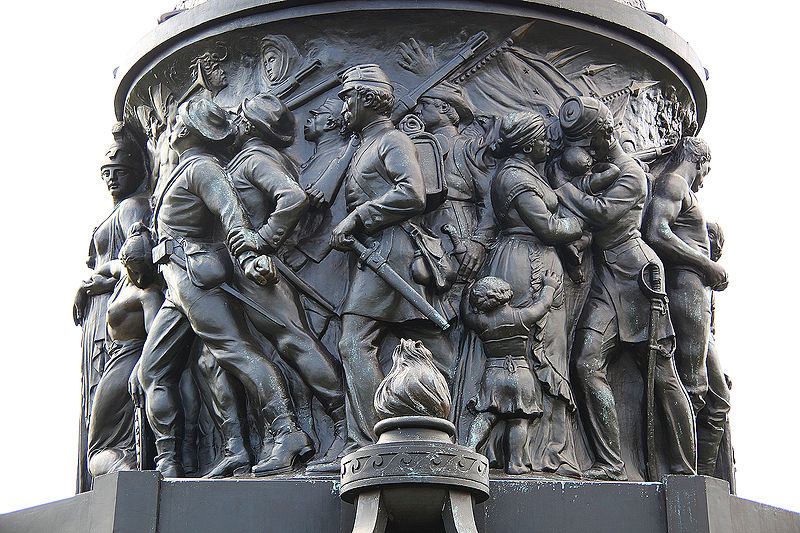Views expressed in opinion columns are the author’s own.
In a landmark win for anti-capital punishment advocates and activists around the country, the Virginia General Assembly voted this week to abolish the use of the death penalty in the commonwealth. Virginia has executed a higher percentage of its death row prisoners than any state since this country’s inception. Since 1976, the state has put to death 113 people — the second-most executions out of any state in the country during that period.
Virginia, the first southern state (other than Maryland) to nix the death penalty, is also home to the former capital of the Confederacy. Consequently, Virginia’s decision to abolish capital punishment holds particular symbolic and material significance. The death penalty has been used as a tool to maintain white supremacy and racial domination throughout the history of the United States, from slavery, to Jim Crow and up until now.
The application of the death penalty has deeply racist roots in the United States in general and Virginia in particular. Prior to the Civil War, state law outlined “over 60 capital crimes for slaves but only one for white people.” Additionally, from 1900 until 1977, “Virginia executed 73 Black defendants for [crimes] that did not result in death, while no White defendants were executed for those crimes.”
The case of the Martinsville Seven is a tragic example of the brutal, discriminatory nature of the death penalty in Virginia. In 1949, seven Black men — Francis DeSales Grayson, Frank Hairston Jr., Howard Lee Hairston, James Luther Hairston, Joe Henry Hampton, Booker T. Millner and John Clabon Taylor — were accused of raping a white woman in Martinsville, Virginia. The men were tried by all-white juries and quickly received death sentences. At the time, the state placed only Black people on death row for rape — a clear manifestation of the unjust, racist character of capital punishment.
The Martinsville Seven’s lawyer appealed the decision, arguing that it was unconstitutional based on equal protections provisions, but Justice Edward Hudgins of the Virginia Supreme Court said there was not “a scintilla of evidence” of racial disparities in rape sentencing. Some historians believe that several of the men were innocent of the crime, and an ongoing effort is being waged to convince Gov. Ralph Northam to grant them a posthumous pardon, but the damage has already been done — the Martinsville Seven cannot be un-executed.
Massive racial disparities in capital punishment exist to this day. Black people are significantly overrepresented on death row — according to another report by the Death Penalty Information Center, 42 percent of inmates on death row in 2020 were Black, while only 13.4 percent of the United States population is Black. Additionally, individuals found guilty of killing white people were 17 times more likely to be sentenced to death than those found guilty of killing Black people.
The racial inequality present in our country has been evident for a long time, and the abolition of capital punishment is a major step towards correcting one of its most cruel manifestations. The death penalty is a distillation of the most savage elements of white supremacy; it has served as a state-sponsored lynch mob for people of color, those with inadequate legal representation or both. It is a profound moral wrong, and it should be banned nationwide.
Virginia’s decision to ban the death penalty will hopefully help the state and the region chart a path toward a more equitable, just future. The South must lead the way in the fight for abolition; as the staging ground for many of the most heinous acts of racial violence in this country’s history, the abolition of capital punishment in the region can serve as a vital act in mending the wounds inflicted by generations of subjugation.
Virginia’s abolition of capital punishment is a step in the right direction and a small but significant shift away from the draconian system of doling out “justice” that has marked our country’s past and present.
As Oscar Wilde wrote in The Ballad of Reading Gaol,
“This too I know—and wise it were
If each could know the same—
That every prison that men build
Is built with bricks of shame,
And bound with bars lest Christ should see
How men their brothers maim.”
Josh Binderman is a senior government and politics major. He can be reached at jmbinderman@gmail.com.



